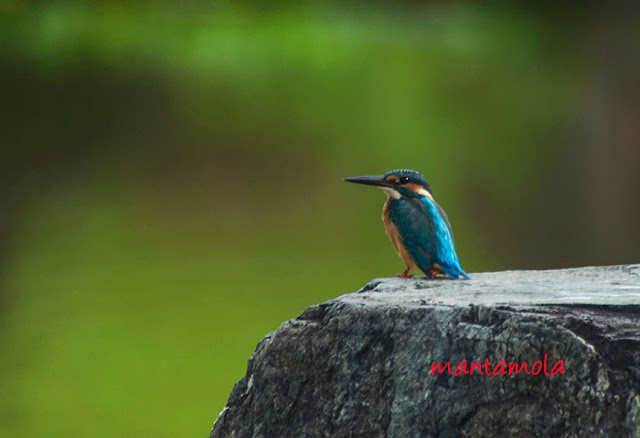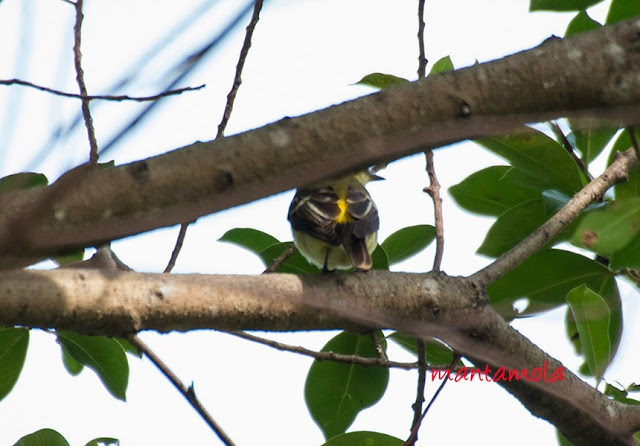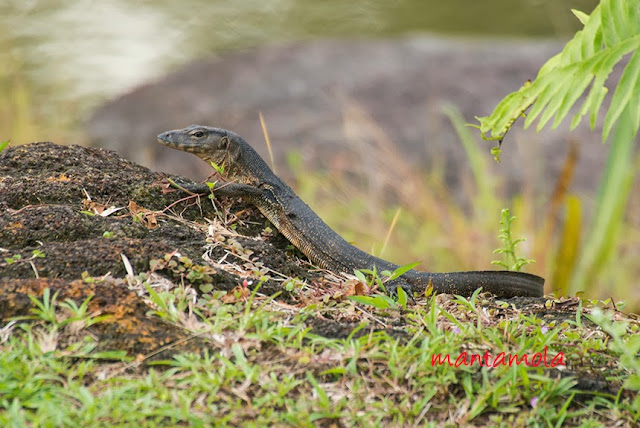It has been a while since I last visited Singapore Japanese Garden. Is now a good time to re-visit this garden as both resident & migratory birds can be found in the garden. As usual, I head straight to the lotus pond and saw this Milky Stork.
We are very fortunate to be able to watch this beautiful bird in such a close distance.After about 5 minutes, another bird join in and try to fish at the same area.
Not just one or two but three different species feeding at the same place!
This is the second heronry that I saw in Singapore! Is amazing that the grey herons (Ardea cinerea) are doing well here in such a highly urbanised Singapore!
Across the river, I spotted 2 purple heron (Ardea purpurea).
There are 3 types of kingfisher in this garden. Collared Kingfisher, White Throated Kingfisher (photo above) & the winter visitor - Common Kingfisher.
What a lucky day, I saw 2 different woodpecker visit the same spot one after another! First was this Rufous Woodpecker (Celeus brachyurus).
and follow by this Common Flameback (Dinopium javanense).
One of the biggest sunbirds in Singapore - Brown-Throated Sunbird (Anthreptes malacensis).
One of the 2 swallow that can be found in the garden is this Pacific Swallow (Hirundo tahitica).
Common Myna (Acridotheres tristis) can be found at urban area and not just limit to coastal area.
One of the most common bird in Singapore - Javan Myna (Acridotheres javanicus).
White-Breasted Waterhen (Amaurornis phoenicurus) out in the open.
Flock of Asian Glossy Starling (Aplonis panayensis) birds with stripes are juveniles.
Brown Shrike (Lanius cristatus) one of the winter visitor will stay here for few months before returning to their country of origin.
Common kingfisher too will stay here for he next few months.
This looks like a Brown-Chested Jungle Flycatcher (Rhinomyias brunneata).
Can't get a clear shot of this Yellow Rumped Flycatcher (Ficedula zanthopygia).
An introduced species, Changeable Lizard (
It used to be very common in the garden, now I'm seeing less of this Water Monitor (Varanus salvator).
By November, more migratory birds will arrive here and I'm sure it will be another exciting trip next month!





















No comments:
Post a Comment